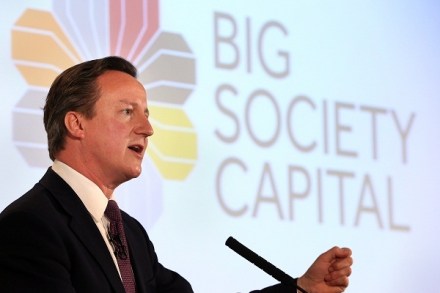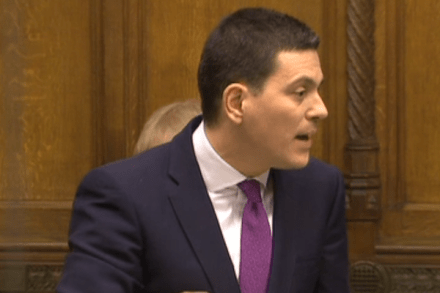Exclusive: John Nash is the new schools minister
The new schools minister is John Nash. He succeeds Lord Hill who has gone off to replace Tom Strathclyde as leader of the House of Lords. Nash, a venture capitalist, is the sponsor of Pimlico Academy, one of the original Adonis academies, and has been a non-executive member of the Department for Education’s board for the past two years. This means that he already knows both the academy and departmental ropes. Given that he is close to Michael Gove and the other key figures in the department and part of what they are trying to do, there shouldn’t be much lost in transition. I suspect that there’ll be a media squall over the




















